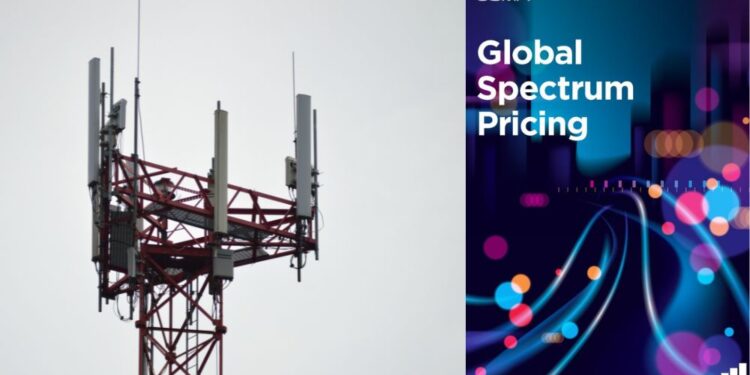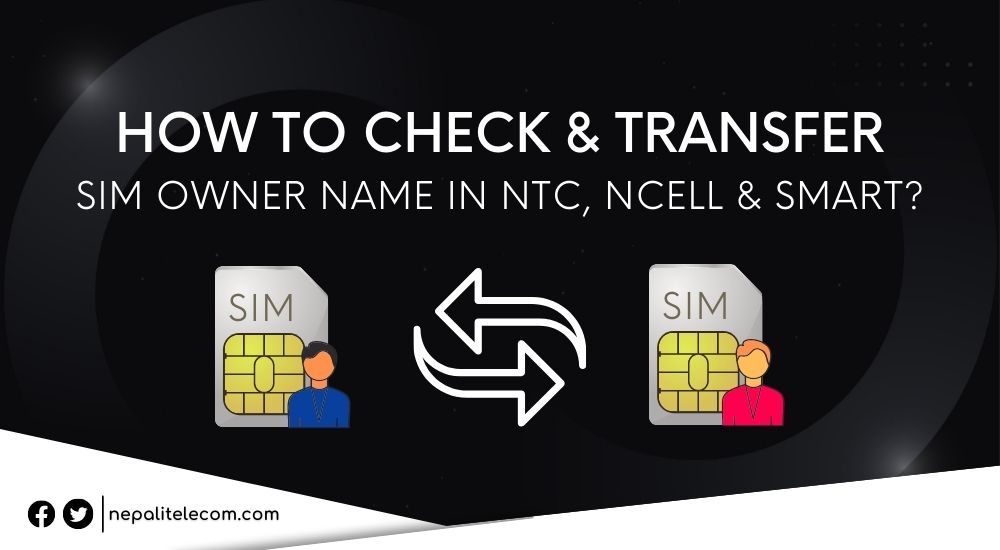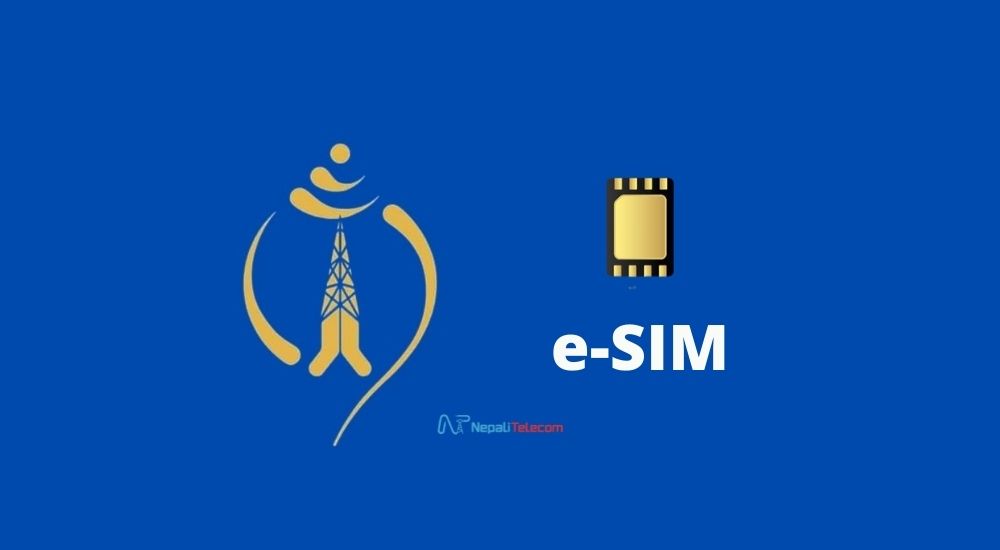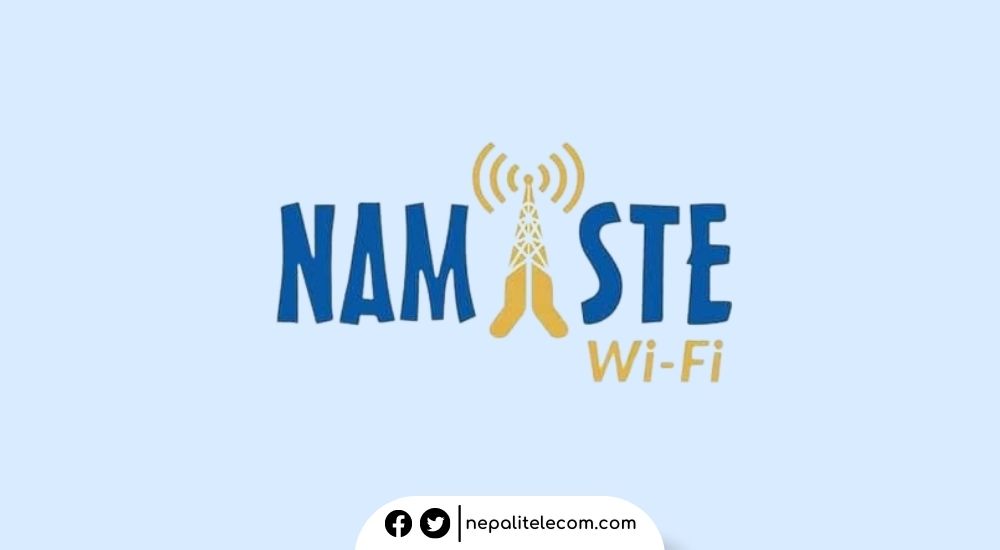Global System for Mobile Communication (GSMA) has requested world governments to lower telco spectrum prices. The global telco body pointed to the operators’ lower revenues to suggest that it’s time governments cut down prices for radio waves to support telcos in launching new-generation services.
In its report ‘Global Spectrum Pricing Report,’ the body mentioned that the prices for mobile spectrum have not fallen consistently with the revenues in the past decade, 2014-2024. This, the body argues, has adversely affected mobile network operators from investing in newer technologies and services such as 4G and 5G.
While the prices for telecom services continue to drop, financial strains have further increased on telcos. GSMA states that the cumulative global spectrum now costs represent 7% of telco revenues. And it’s a 63% increase in the last ten years.
Likewise, average revenue per megahertz has declined by up to 75% in select bands since 2014. However, users of telecom services have increased in leaps and bounds. To address these demands, telcos have enlarged their spectrum holdings by 80%. But this has further contributed to higher operational costs for companies.
Also: Global 5G data traffic to reach 2.6 billion TB by 2028: Omdia
GSMA wants lower spectrum prices as data revenue has dropped significantly
GSMA states that the price for a GB of data has plunged by up to 96% between 2014 to 2024. This has certainly benefited users and promoted digital inclusion. However, it reflects darkly on telcos in terms of revenues.
GSMA Director General Vivek Badrinath said: “The mobile industry sits at the heart of the digital economy, enabling services and opportunities that transform lives. But a dollar can only be spent once, and high spectrum costs can choke investment at a time when the need for affordable, reliable connectivity has never been greater.
“Governments and regulators must prioritize spectrum pricing that reflects market realities and fosters long-term digital growth. By ensuring spectrum is affordable, they can unlock faster network expansion, better service quality, and greater digital inclusion for all of their citizens.”
The spectrum price issue exists in Nepal, too
Cellular spectrum prices have been an issue for Nepali telcos too. Telcos need to pay an exorbitant amount (in billions) for radio waves that is necessary for operating cellular service. And just as GSMA pointed out, this has discouraged telecom operators from launching new services such as 5G. Check out: Frequency spectrum bands in Nepal for 2G, 3G, 4G, 5G
Nepal Telecom (NTC), which received approval for 5G in 2022, conducted its trial for about two years. Private company Ncell once said that it was ready for 5G too. However, there is a growing consensus now that Nepal cannot afford the high-speed data drive network. Although, Ntc is expected to relaunch its 5G somewhere in 2082.
Just recently, Ncell CEO Jabbor Kayumov said that it’s difficult to launch 5G in the current financial scenario. He was referring to both renewal fees, spectrum prices, and other taxes.
Therefore, GSMA’s calls on global governments to lower spectrum prices seem very contextual in Nepal’s context as well.











